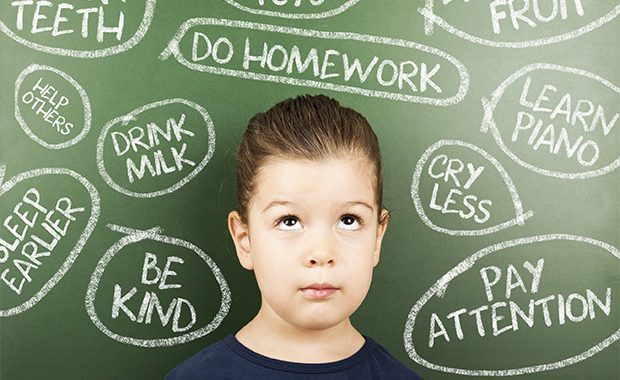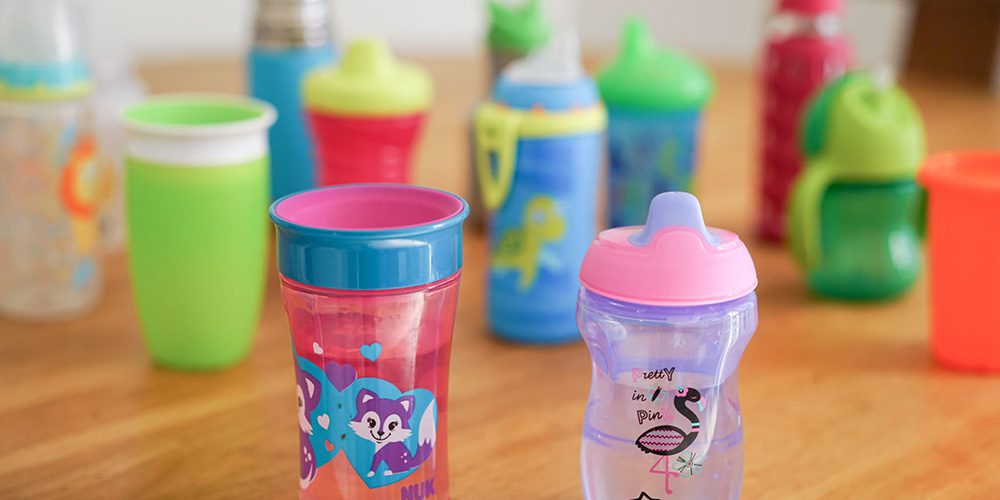In a previous post, I talked about making New Year’s resolutions with your kids. I suggested that you make realistic, qualitative goals, aimed at improving your lives as members of a family.
But if there’s one thing I know, it’s that New Year’s resolutions are just dang hard to keep. Only 8% of New Year’s resolutions are actually kept, and most of them are broken by the time Valentine’s Day rolls around.
If you’re one of the millions of people who make resolutions only to find that they’ve gone by the wayside in a month or two, you may be wondering how on earth you’re to help your kids keep theirs. Well, there are a few things you can do to make it easier.
Encourage them to realistic goals.
I won’t spend too much time talking about this, because I’ve covered it before. But, needless to say, you can’t encourage your kid to resolve to “perfect quantum physics” or even to “learn to cook.”
You can, however, help her resolve to advance her understanding of physics, or you could help him to “cook for the family more.” Your kids’ New Year’s resolutions are more likely to stick if they’re reasonable. And part of that reasonability is all in the phrasing, my friend.
Hi, Mr. Kettle. I’m Pot.
Or, in other idioms, what’s good for the goose is good for the gander. Practice what you preach. You get the point.
If you don’t set reasonable New Year’s resolutions for yourself, you’ll not be able to keep them. Your kids won’t necessarily see this as a failure. However, and more importantly, they’ll see you vowing to change yourself in impractical ways.
And after a while, your kids are going to start to wonder why you make resolutions at all. Why set goals to better yourself, when you know you’re just going to give up after a few months?
Try not to set that precedent for your kids. Lead by example – make resolutions you can honestly try to keep.
Consider your kids’ ages.
You know your kids better than anyone on this planet. And you know what they’re capable of. Who knows, maybe your kid can master quantum physics in a year’s time. In that case, go for gold.
But there are some differences in age you should take into consideration. Babies and toddlers, obviously, have no concept of a year whatsoever. In fact, all the way up until kindergarten, they really have no concept of what New Year’s even is.
A five year old kindergartener has some experience with “years” behind his belt, and may be better intellectually equipped to handle a few vague goals.
The older your child gets, the more able he is to set (and keep) goals. Elementary kids could resolve to be ready for school five minutes earlier. Or to try out for at least one sport.
High school kids’ resolutions can be more quantitative. They’re thinking about the future now, and by default are thinking in terms of years.
No matter the age of your child, remember that he or she has only one ultimate goal, and that is to go to school. With the exception of family, all the rest comes after that.
Resist the temptation, parents!
Please don’t make resolutions for your child. If your child is old enough to “resolve” to do something for a year, then he or she is old enough to choose what that something is.
Many parents have the temptation to set goals for their kids. Whether the goal be straight As in school, admittance to a particular university or just to keep the bedroom clean, the goals set by parents don’t always reflect the goals (and needs) of the child.
It’s hard, but let your child set his own goals. And if he chooses not to? So be it.
Set resolutions as a family.
The family who resolves together, achieves together! Okay, I just made that up. But it’s true. You’re more likely to achieve a goal with a support system in place, and that’s true at any age.
I mentioned a few specific goals you could try in a previous post. But even if you don’t choose to make family resolutions, you should still strive to assist one another in your individual goals.
An important reminder is this: assisting in achieving goals never equates to nagging. If you’ve ever been micromanaged at work, you’ll know what I’m talking about. Having someone standing over you to ensure that you’re doing your job is deflating and demotivating.
The same’s true for your kids. They don’t want you to remind them every day to clean their room, even if that was their resolution.
Instead, why not plan a family meeting in, say, March? Everyone can chime in on how their personal resolutions are working out, and if anyone’s having trouble, it’s a great time to think of ideas to help each other.
Don’t forget the celebration.
New Year’s Day isn’t just about a new year. It’s also about celebrating the 365 days which have just passed. Your kids have just completed another trip around the sun, and they’ve accomplished quite a bit!
You can make new resolutions, but don’t forget to check back on all the things that have already been done. This is great motivation for kids, and it may actually make it easier for them to set their own, realistic goals.
Thinking back at the things they’ve done over the past year will help them evaluate what they enjoyed and what they might not have cared for so much. Did they love it when Aunt Sue took them horseback riding? Maybe lessons are in order.
Set realistic and enjoyable goals with your kids, not for them. And make resolutions for yourself that you can keep. Leading by example and helping your kids along the way may just be the difference between keeping and forgetting your New Year’s resolutions.





































